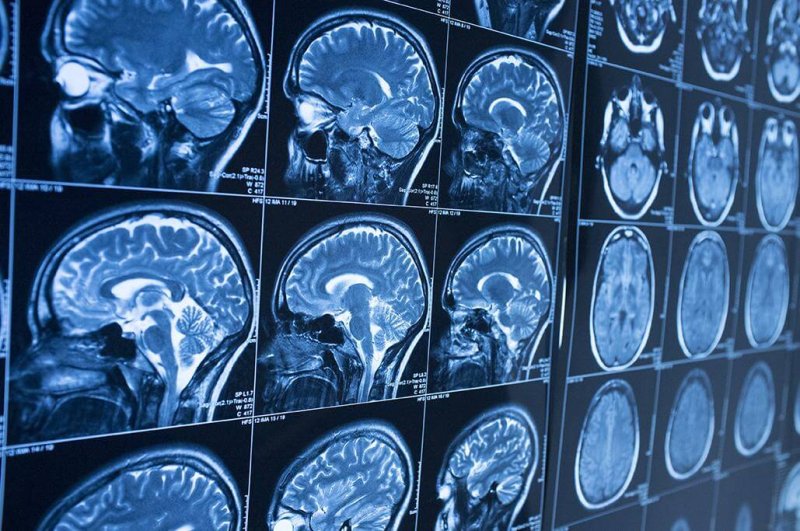For the past five decades pharmaceutical drugs like levodopa have been the gold standard for treating Parkinson’s disease. These medications alleviate motor symptoms of the disease, but none of them can cure it.
…
Now a study from the Karolinska Institute in Stockholm shows it is possible to coax the brain’s own astrocytes—cells that typically support and nurture neurons—into producing a new generation of dopamine neurons.
The reprogrammed cells…could alter the course of Parkinson’s, according to the researchers. “You can directly reprogram a cell that is already inside the brain and change the function in such a way that you can improve neurological symptoms,” says senior author Ernest Arenas, a professor of medical biochemistry at Karolinska.
…
Directly converting astrocytes already present in patient’s brains could eliminate the need to search for donor cells…[and the treatment may] be less likely to cause side effects compared with current drugs. “This is like stem cell 2.0. It’s the next-generation approach to stem cell treatments and regenerative medicine,” says James Beck, vice president and chief scientific officer, for the nonprofit Parkinson’s Disease Foundation.
[Read the original study]
The GLP aggregated and excerpted this blog/article to reflect the diversity of news, opinion, and analysis. Read full, original post: Cell Therapy 2.0: Reprogramming the Brain’s Own Cells for Parkinson’s Treatment
For more background on the Genetic Literacy Project, read GLP on Wikipedia































